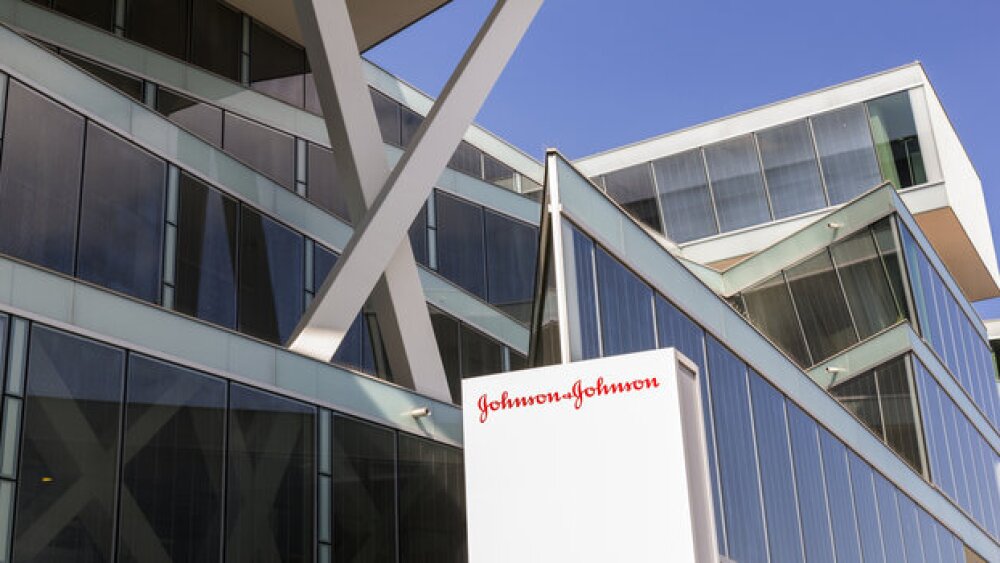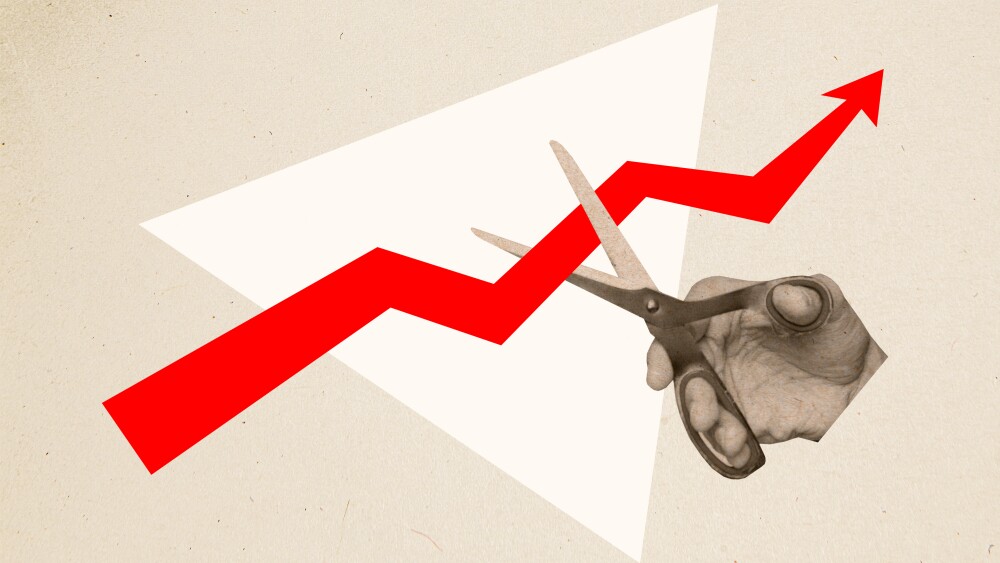Moderna’s stock price plunged more than 20% in Thursday morning trading after the company lowered its 2024 revenue guidance due to weak demand for its coronavirus vaccine in the second quarter.
Moderna announced its second-quarter results Thursday, beating some Wall Street analysts’ expectations, but slashed its full-year revenue guidance due to “very low” COVID-19 vaccine sales in Europe and tight competition in the U.S.
The vaccine producer netted $241 million in revenue in Q2, which aligned with analyst expectations. However, it was a significant drop from the $344 million generated during the prior year period. Moderna said the decline was due to decreased demand for its COVID-19 vaccine.
The vaccine generated sales of $184 million in Q2, a 37% decrease from the same period last year, but was higher than Jefferies’ estimate of $110 million. Moderna said that the decline in COVID-19 vaccine sales was part of an “expected shift” to a seasonal vaccine market with higher demand projected in the fall and winter months.
The company also said that it expects lower sales from the European Union this year, with revenue for COVID-19 vaccine contracts in other parts of the world deferred to 2025. As a result, Moderna has lowered its full-year guidance from an estimated $4 billion to a range of between $3 billion and $3.5 billion.
Jefferies analysts in a note to investors said that the lower 2024 guidance “heightens concerns” as Moderna is running net losses and raises doubts about reaching profitability.
Despite the headwinds, Moderna CEO Stéphane Bancel touted the recent FDA approval and launch of its respiratory syncytial virus (RSV) vaccine, mRESVIA, and noted the company had lower operating costs in Q2. A William Blair note to investors said that Moderna will continue focusing on cutting costs and moderating operating expenses with the aim of improving its bottom line and breaking even in 2026.
“With continued positive Phase III data across our respiratory portfolio, we use our mRNA platform to address significant unmet medical needs and advance public health. Our platform is poised to reach millions globally this year, and we are excited by its continued positive impact on patients,” Bancel said in a statement.
However, the Q2 results and 2024 guidance did not impress investors, with Moderna’s stock price falling by more than 20% in Thursday morning trading.
While no specifics were given on the sales of the RSV vaccine, the Jefferies note said that the vaccine is a “key swing factor” for the company but it remains unclear how many doses will be administered as Moderna’s market may be narrower than expected.
“This is supported or should be expected given early adopters and high-risk [people] got it last year [and] now [the total addressable market] is narrower given recent ACIP recommendation is only for adults 75+ yrs old and limits the vaccine to only high-risk adults 60-74 yrs old,” Jefferies analysts wrote.
Moderna’s flu and COVID combination vaccine, which saw positive Phase III data in June 2024, is being discussed with regulators regarding its next steps. Jefferies predicts the launch sometime between 2025 and 2026.






